Home | Research & Resources | Law & FGM/C
Key Findings
Laws alone will not eradicate FGM/C, but they have a critical role to play in supporting the campaign to end FGM/C internationally.
International Law
FGM/C is part of a number of international conventions, laws and treaties, providing a framework for national laws and government commitments to eradicate FGM/C.
National Laws
Of the 28 countries in Africa where FGM/C is practiced, 23 have national laws in place to specifically ban FGM/C.
Community and Religious Laws
Some communities justify FGM/C under religious or local customary laws.
Law Enforcement
Evidence suggests that anti-FGM/C laws are rarely enforced and there is an absence of prosecutions across Africa and worldwide.
The implementation gap
While some form of legislation against FGM exists in most of the 28 African countries of focus, there are serious challenges to implementation and enforcement of those laws. Some of these challenges are systemic; for example, there are often few police or other government officials in remote rural areas, where FGM is most prevalent, and those who are in these areas may have limited knowledge or understanding of the law. There are also cultural challenges and conflicts of interest where police and local political and community leaders continue to support the practice (for reasons of ‘tradition’, status and/or financial gain).
Ultimately, while governments are the decision-makers and can lead the way by introducing appropriate policies and legislation, they must be backed up by detailed and appropriate strategies that ensure full implementation and enforcement of the law. A tripartite approach is needed: consultation and engagement by all relevant government authorities (including the police and judiciary) with civil society and the media to ensure that the message that FGM is both harmful and illegal reaches all practising communities.
It is also critical that legislative frameworks are implemented alongside programming that addresses social norms. Where legal norms are in strong contradiction of social norms, this can drive the practice of FGM/C underground with cutting occurring at younger ages and in secret. When legal norms are aligned with social norms, or at least with a readiness to change social norms, they can support reductions in the practice.


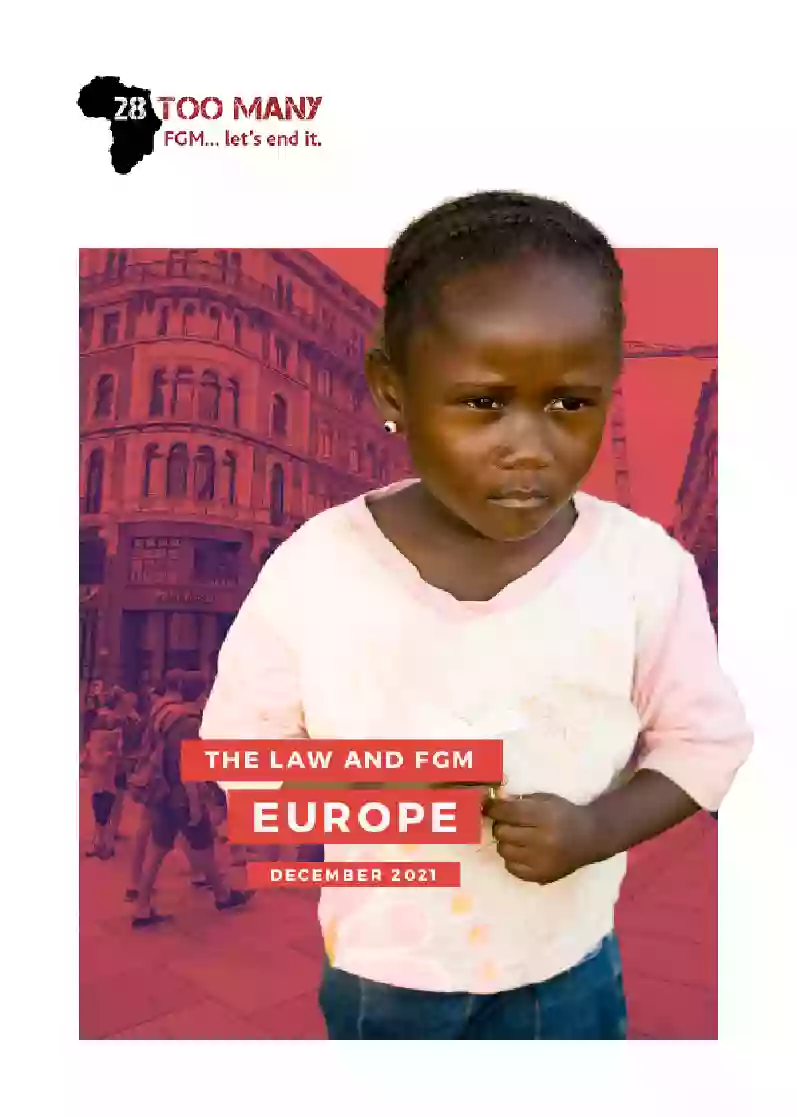
_cover.webp)
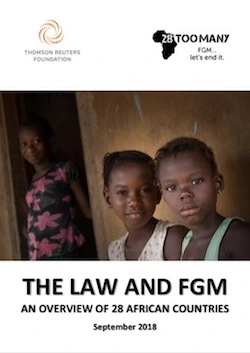
_cover.webp)
_german_cover.webp)
_cover.webp)
_french_cover.webp)
_flemish_cover.webp)
_english_cover.webp)
_french_cover.webp)
_cover.webp)
_cover.webp)
_french_cover.webp)
_cover.webp)
_french_cover.webp)
_cover.webp)
_french_cover.webp)
_cover.webp)
_french_cover.webp)
_arabic_cover.webp)
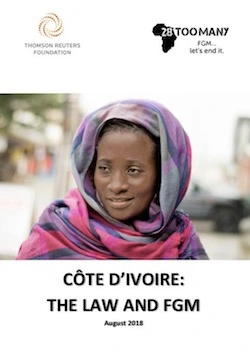
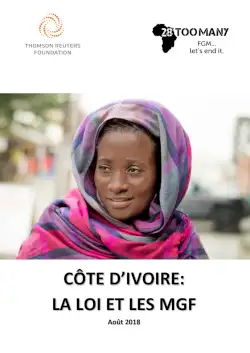
_cover.webp)
_cover.webp)
_cover.webp)
_cover.webp)
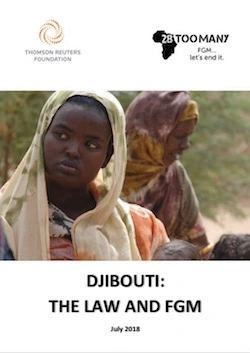
_french_cover.webp)
_arabic_cover.webp)
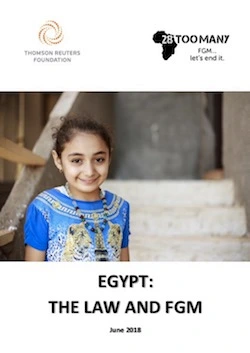
_arabic_cover.webp)
.webp)
_arabic.webp)
_cover.webp)
_cover.webp)
_amharic_cover.webp)
_cover.webp)
_finnish.webp)
.webp)
_french_cover.webp)
_cover.webp)
_german_cover.webp)
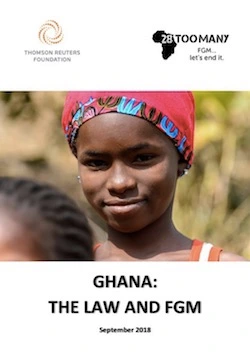
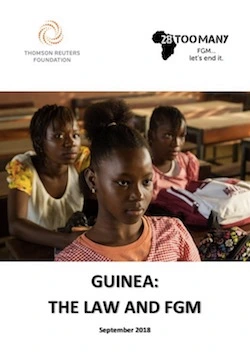
_cover.webp)
_cover.webp)
_portuguese_cover.webp)
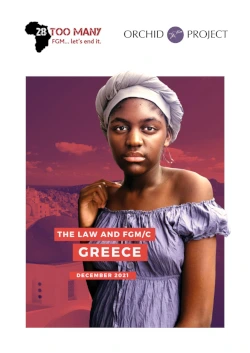
_cover.webp)
_cover.webp)
_cover.webp)
_cover.webp)
_italian_cover.webp)
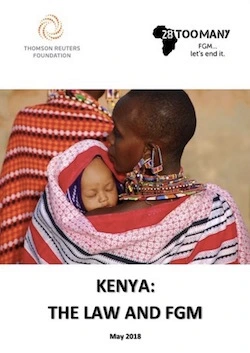
_swahili_cover.webp)
_cover.webp)
_cover.webp)
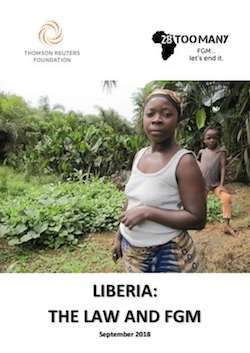
_cover.webp)
_cover.webp)
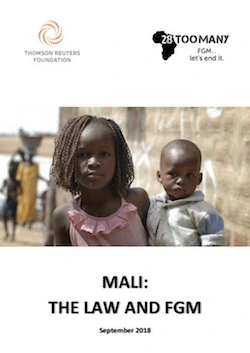
_french_cover.webp)
_cover.webp)
_english_cover.webp)
_french_cover.webp)
_arabic_cover.webp)
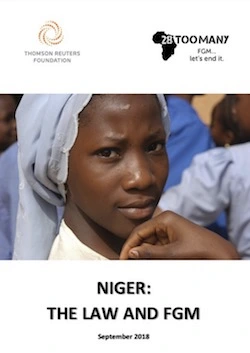
_french_cover.webp)
_cover.webp)
_cover.webp)
_norwegian_cover.webp)
_cover.webp)
_cover.webp)
_portuguese_cover.webp)
_cover.webp)
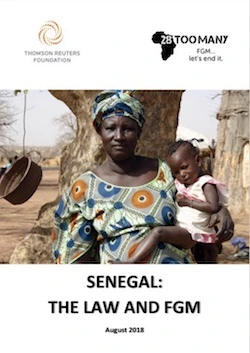
_french_cover.webp)
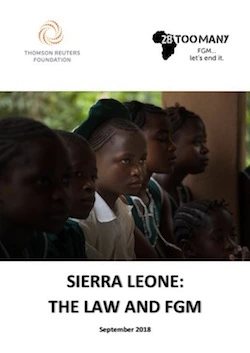
_cover.webp)
_cover.webp)
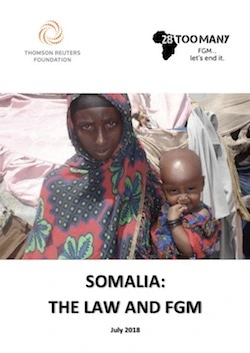
_arabic_cover.webp)
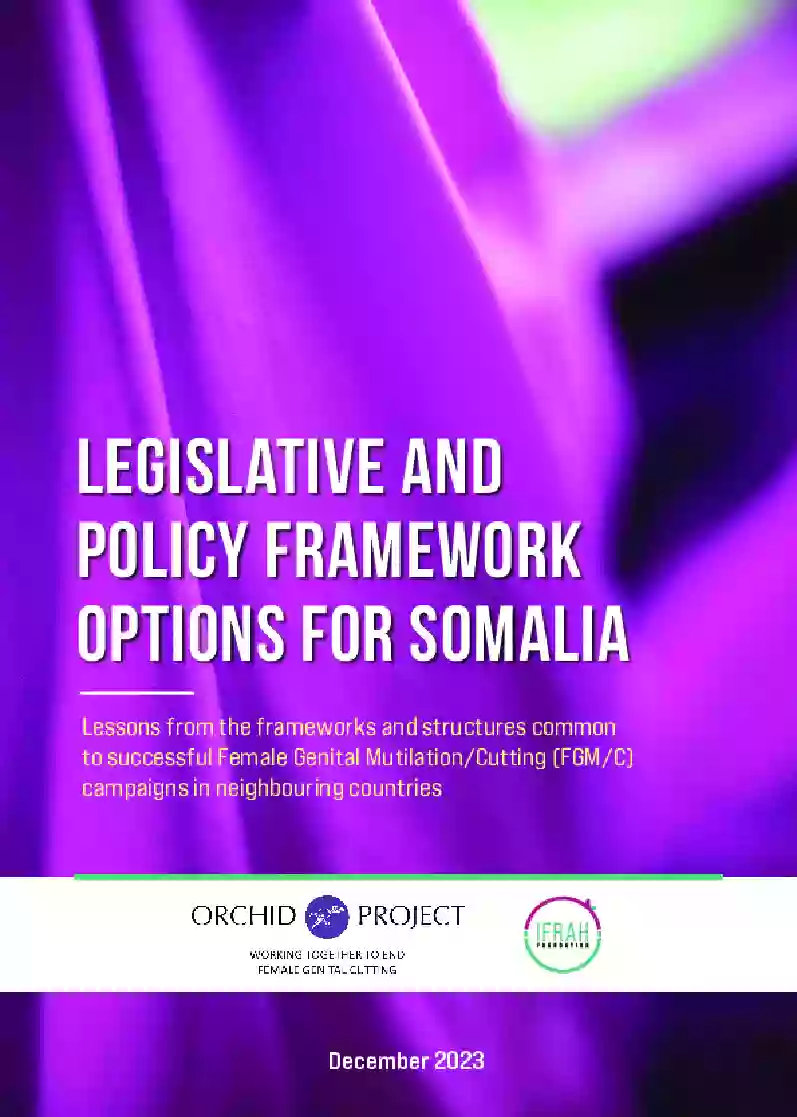
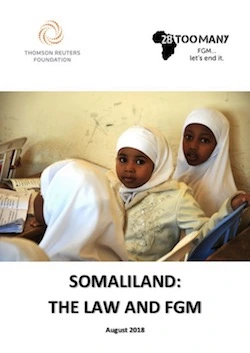
_arabic_cover.webp)
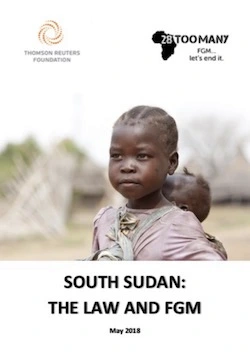
_cover.webp)
_spanish_cover.webp)
.webp)
_cover.webp)
_swedish_cover.webp)
_cover.webp)
_french_cover.webp)
_german_cover.webp)
_italian_cover.webp)
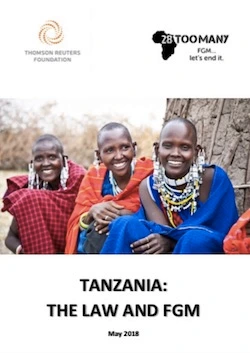
_swahili_cover.webp)
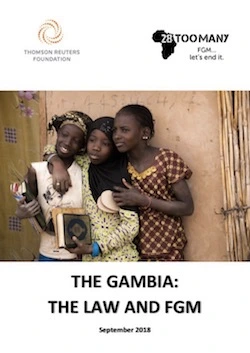
_cover.webp)
_dutch_cover.webp)
_french_cover.webp)
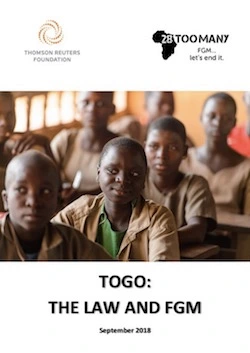
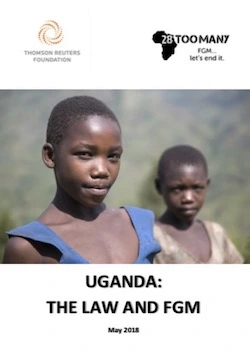
_cover.webp)
.webp)
_cover.webp)
_cover.webp)
_cover.webp)
_cover.webp)
_cover.webp)
_cover.webp)
_cover.webp)
_cover.webp)
.webp)
_cover.webp)
_cover.webp)
_cover.webp)
.webp)
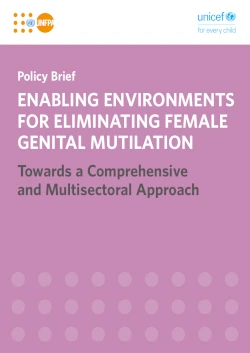
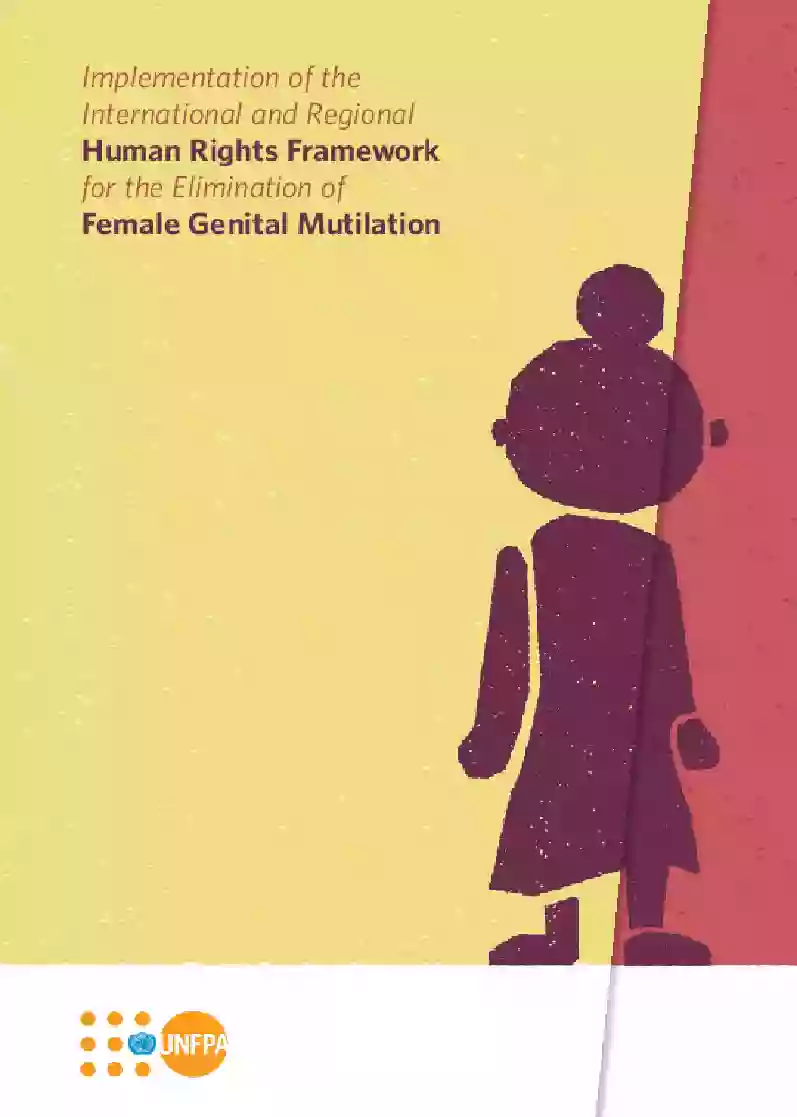
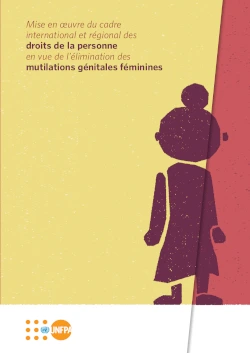
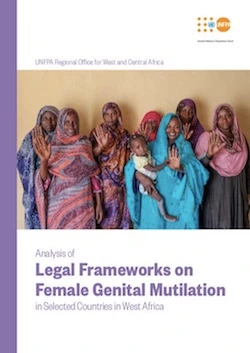
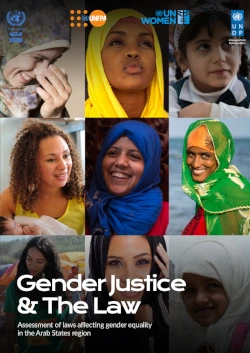
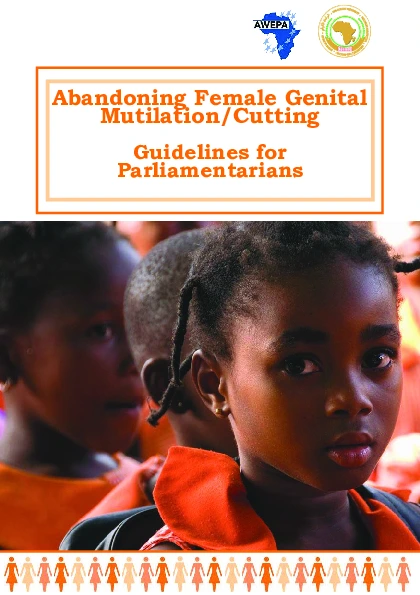
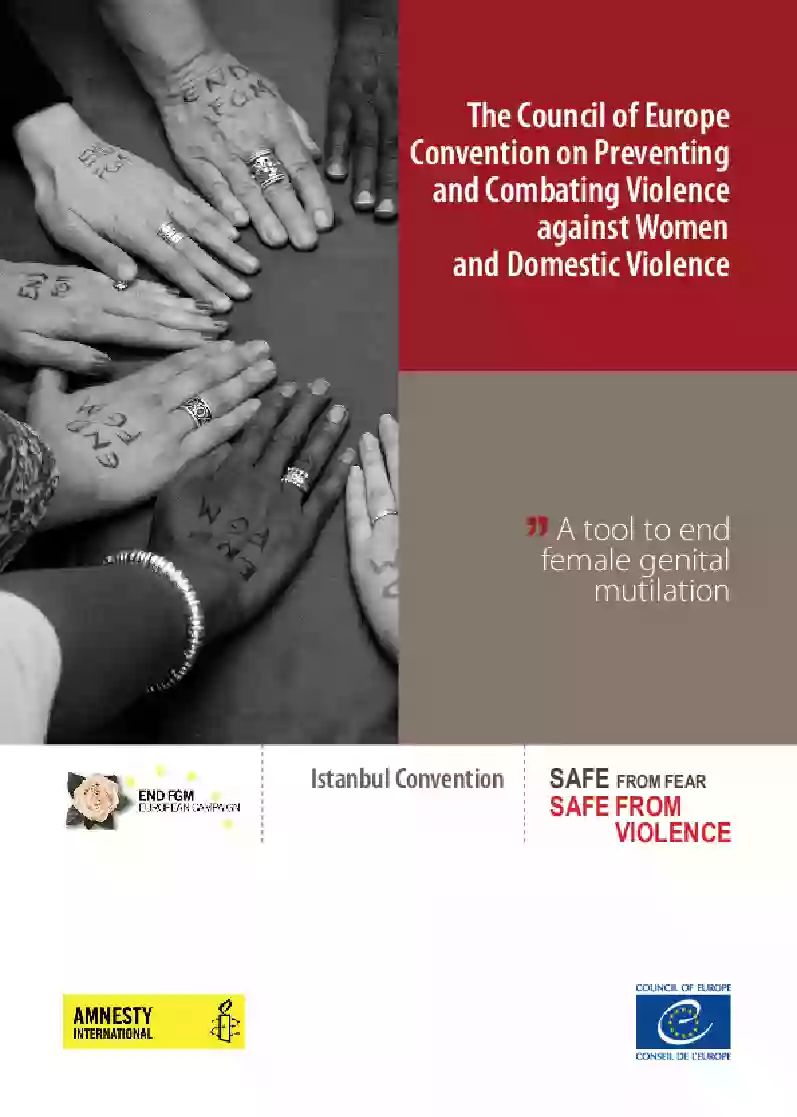
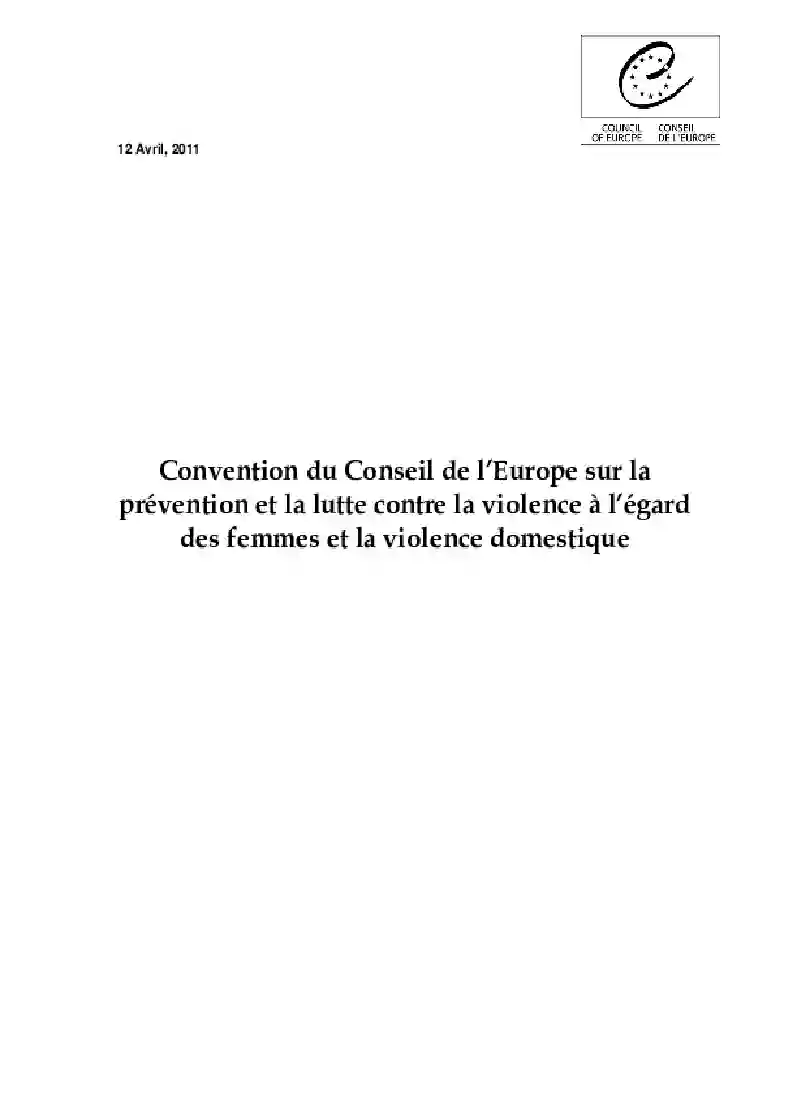

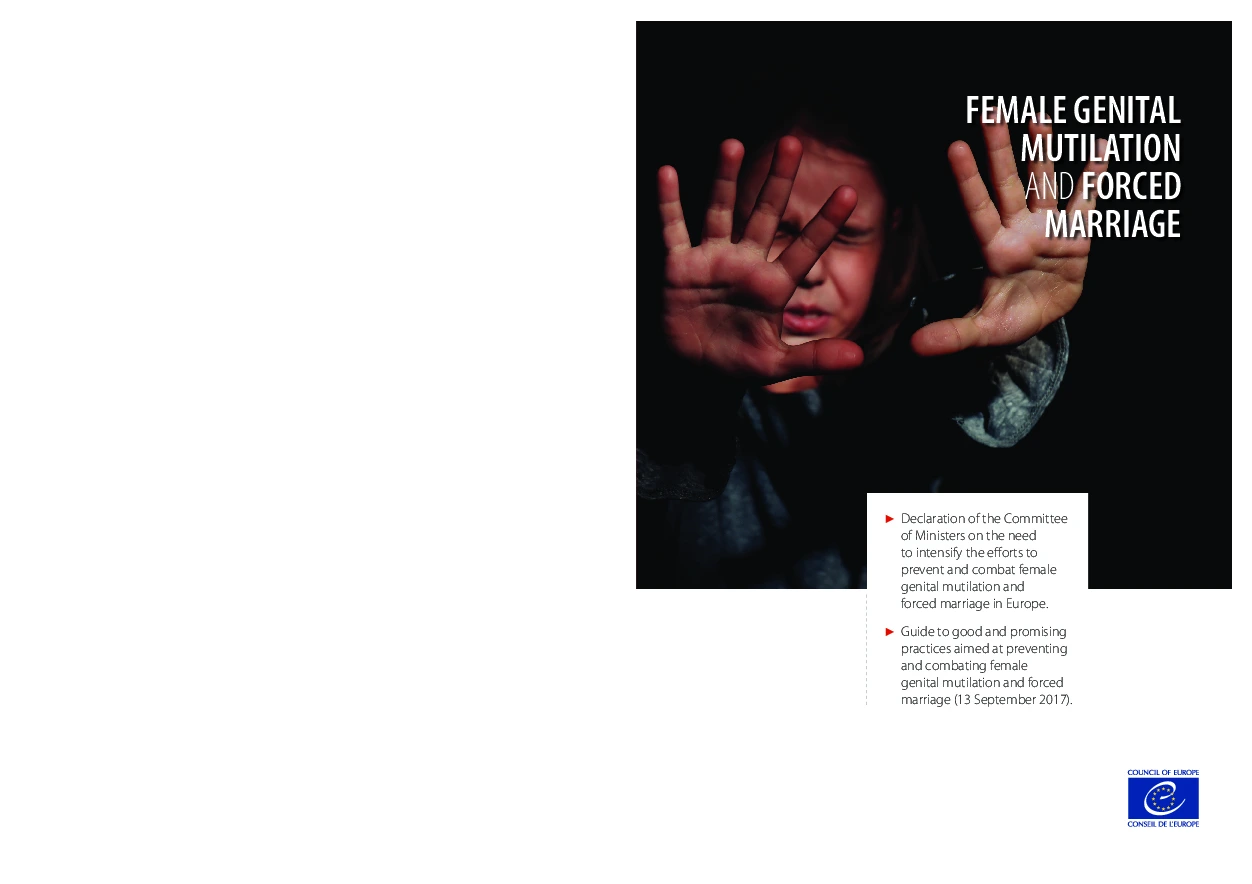
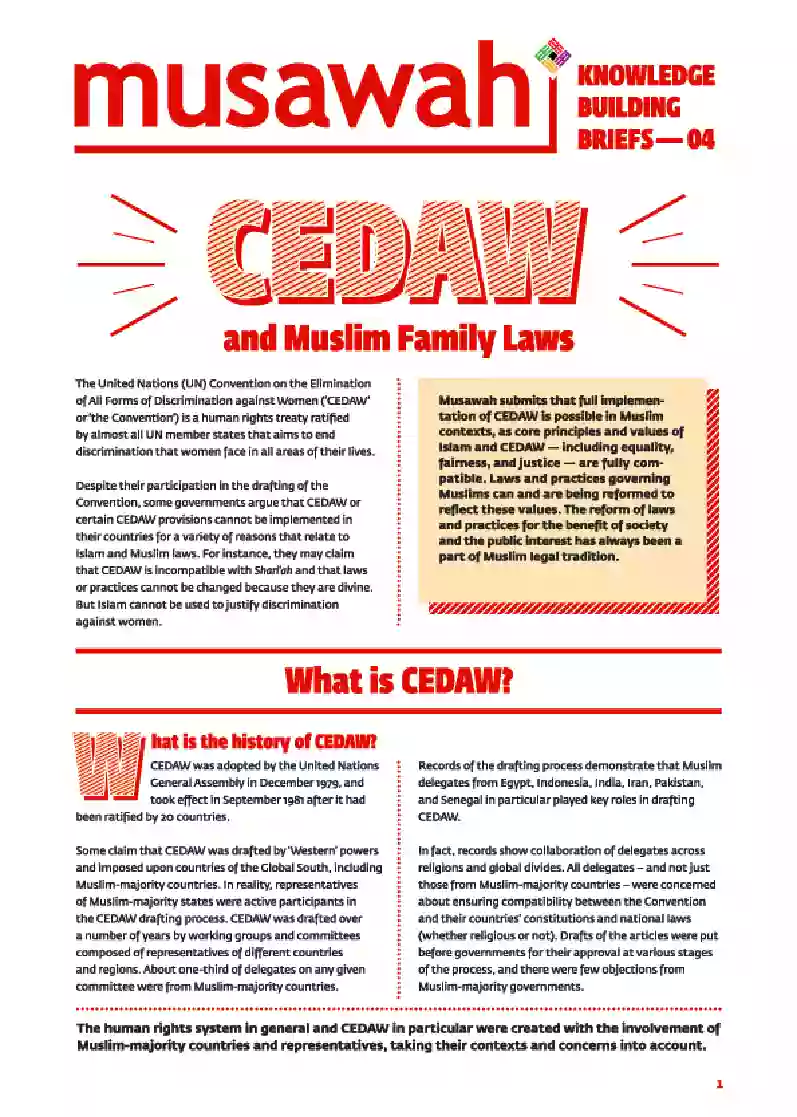

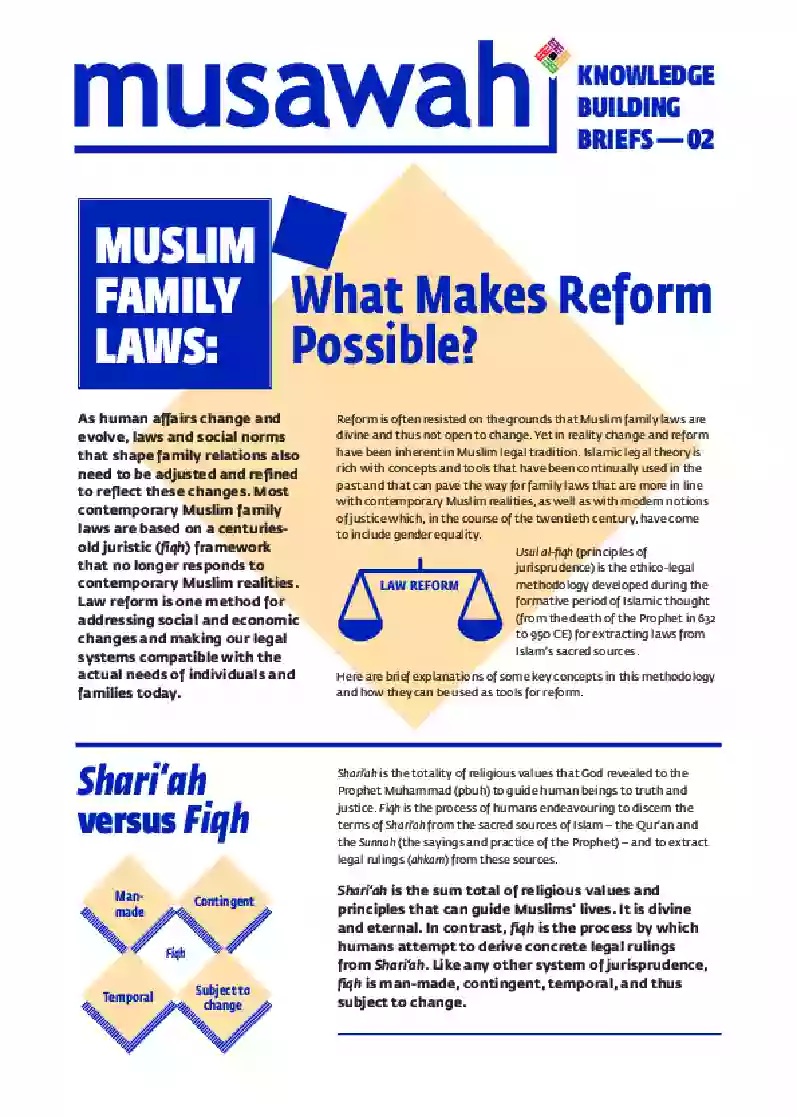
_cover.webp)